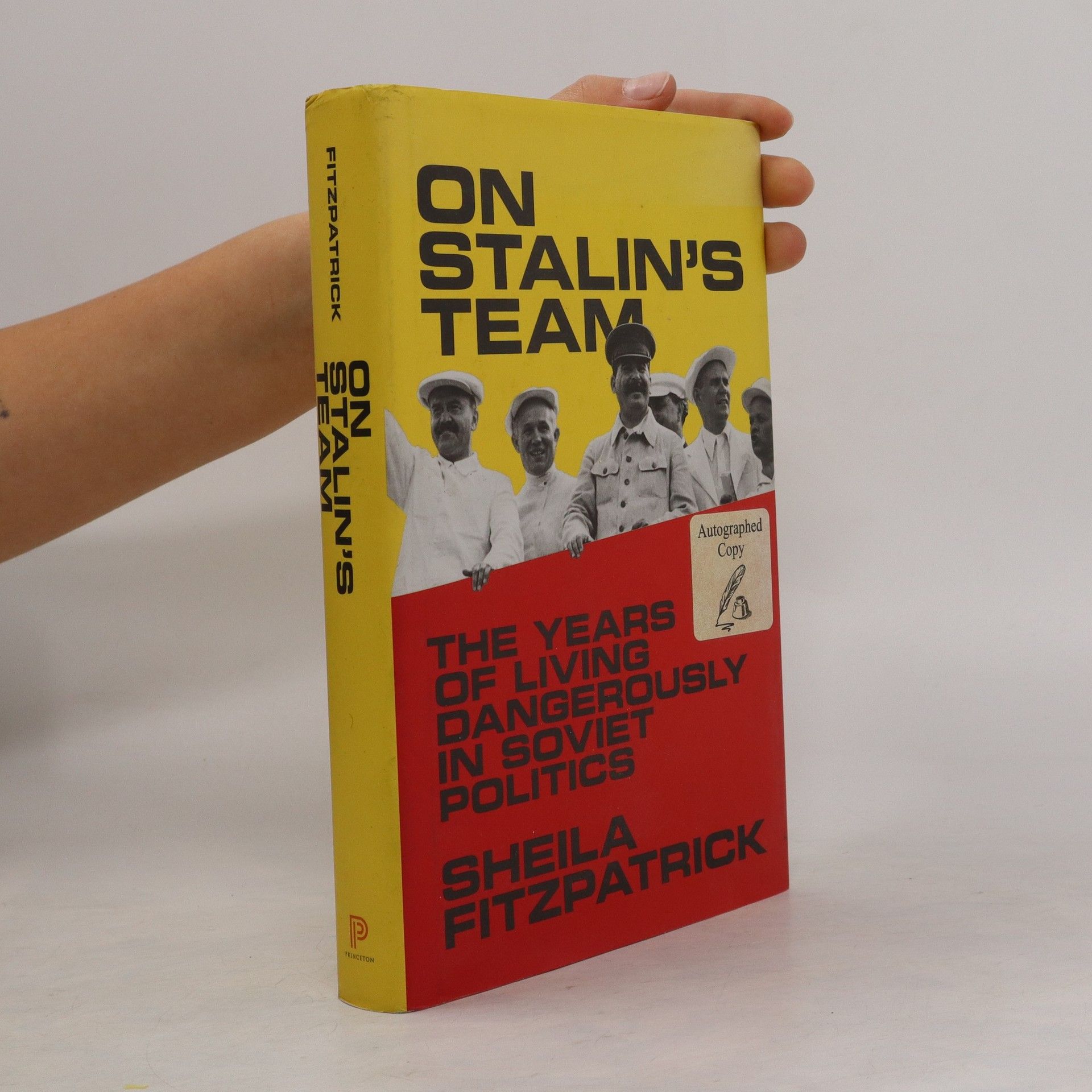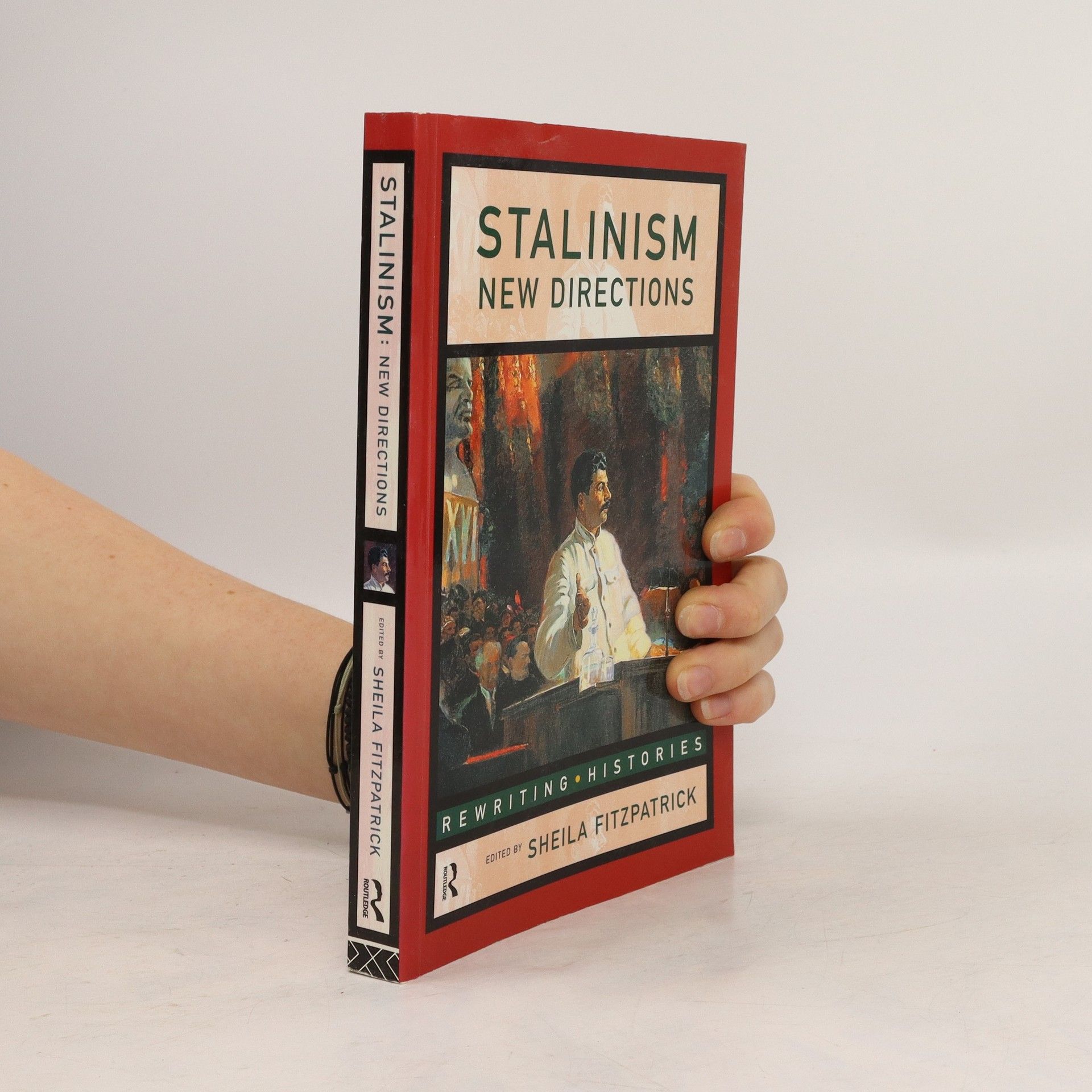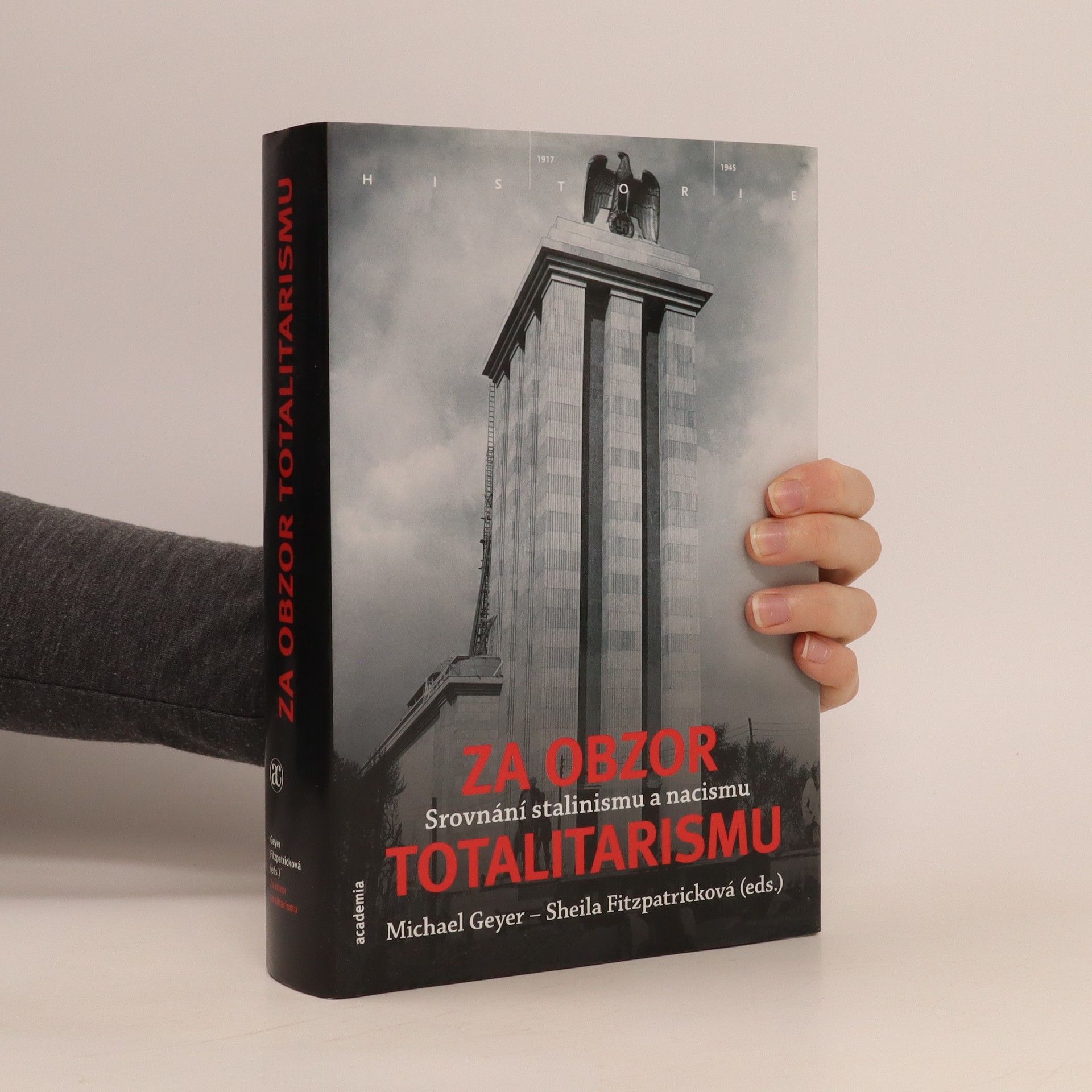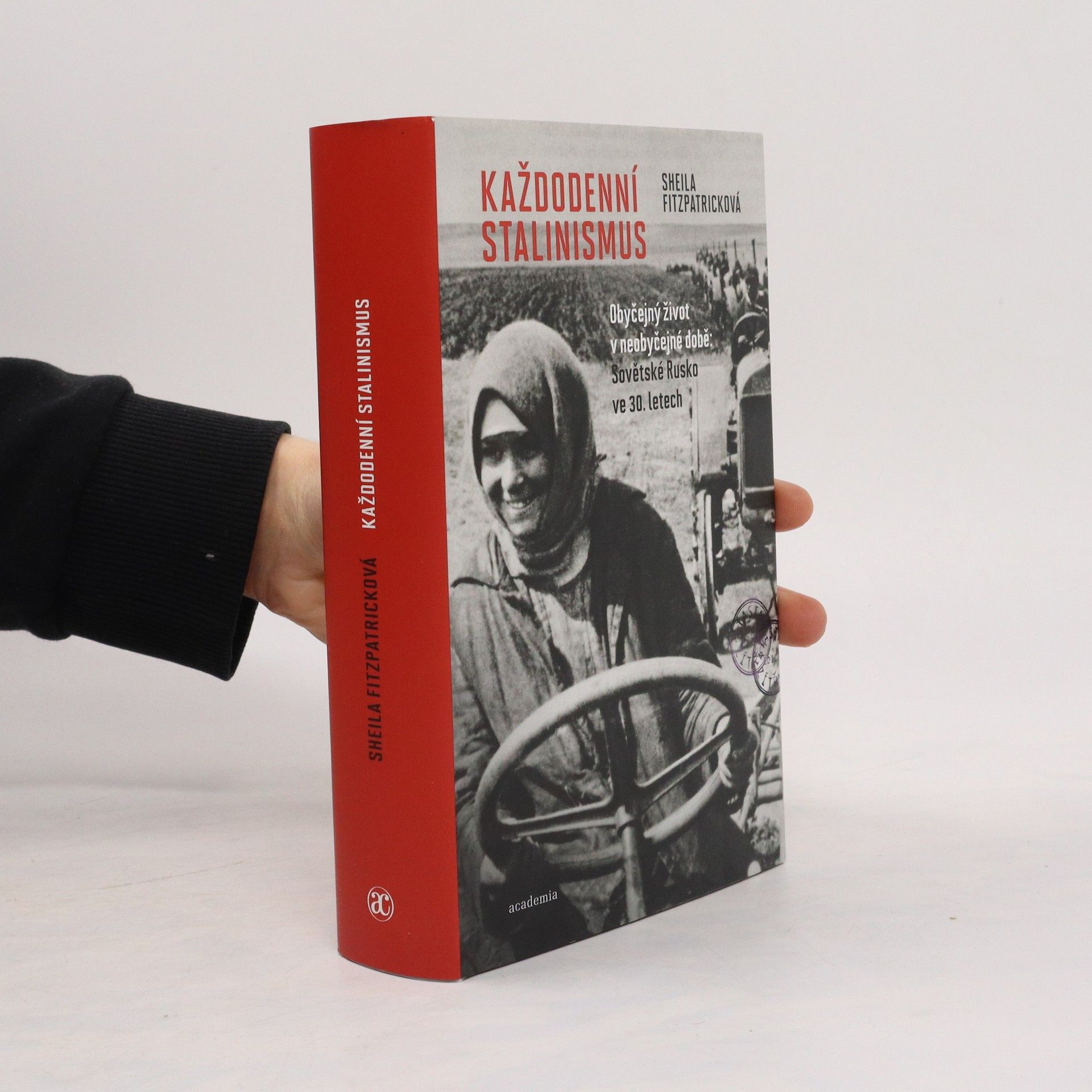Education and Social Mobility in the Soviet Union 1921 1934
- 368pages
- 13 heures de lecture
Focusing on Soviet education policy from 1921 to 1934, this sequel delves into the evolution of educational practices and ideologies during a transformative period in Soviet history. It builds upon the insights of the author's earlier work, "Commissariat of Enlightenment," providing a detailed analysis of how education was shaped by political and social changes. The book highlights the challenges and innovations in the educational system, reflecting broader themes of state control and ideological influence in the pursuit of enlightenment.






